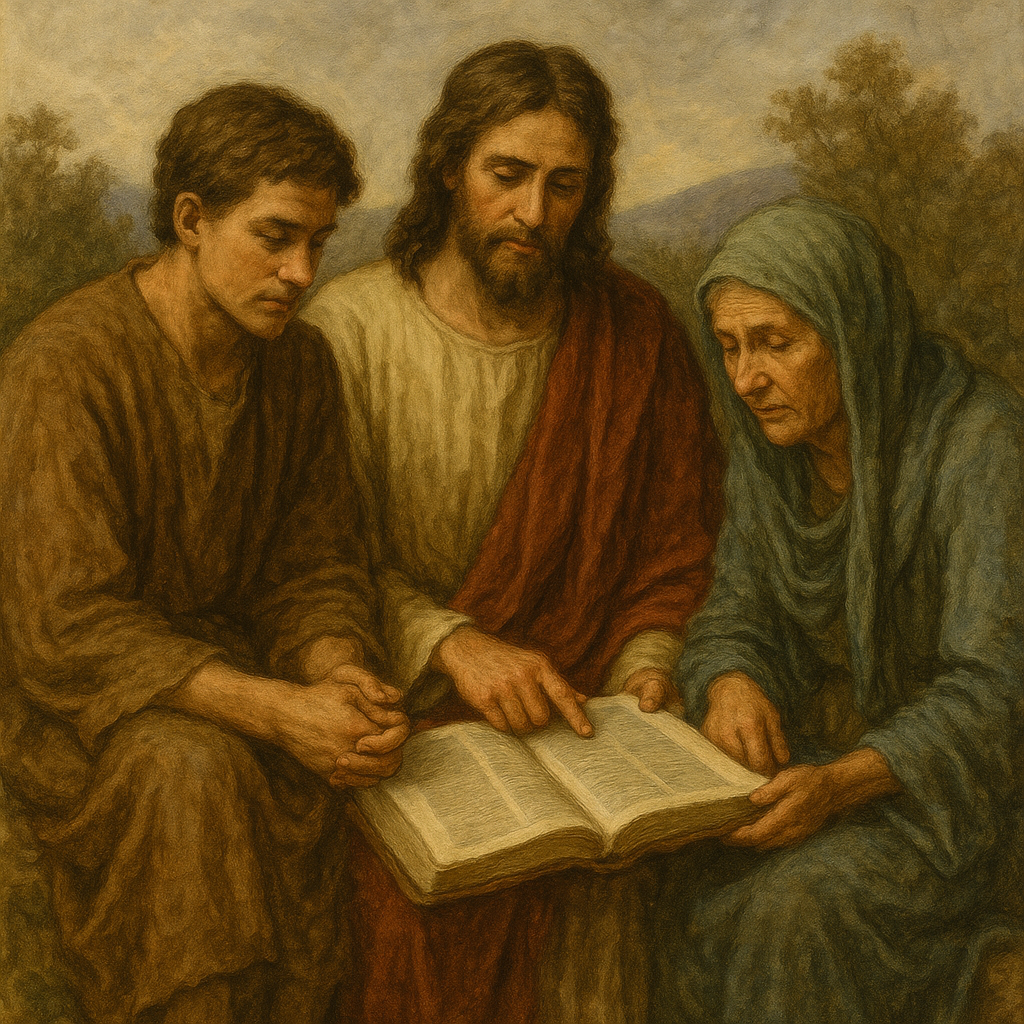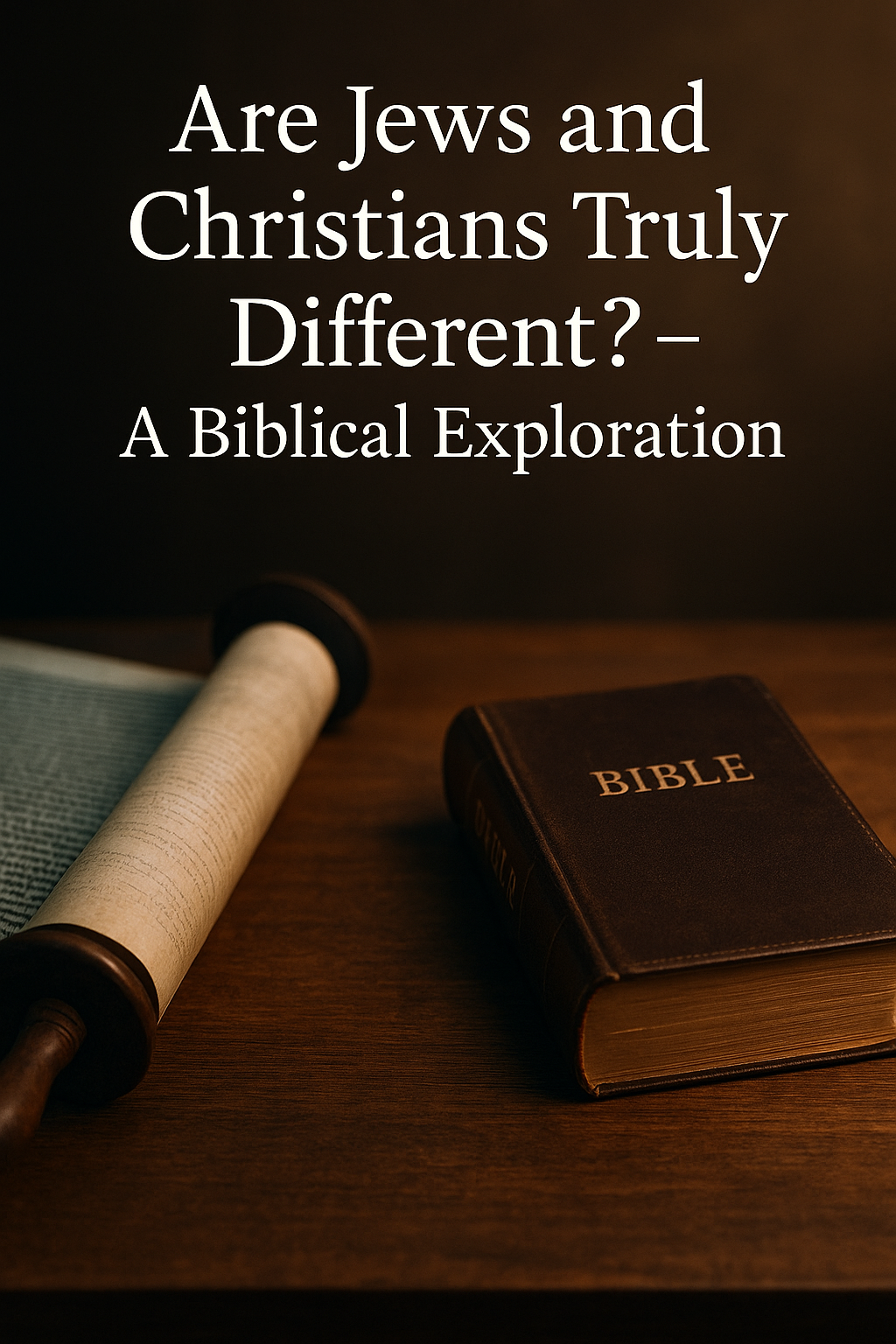Now to the questions mentioned at the beginning; let us begin with the simplest one.
Holy Scripture defines very clearly who is referred to as a Christian.
The answer is found in the book of Acts:
“And when he had found him, he brought him unto Antioch. And it came to pass, that a whole year they assembled themselves with the church, and taught much people. And the disciples were called Christians first in Antioch.”
(Acts 11:26, Luther 1545)

At first, we read this verse only superficially, since we are still new in faith and inexperienced.
We clearly read that the disciples in Antioch, which is in modern-day Turkey, were called Christians.
Unfortunately, we interpret our modern view into the text.
We do not pay attention to the essential point:
What we widely understand today by the term “Christian” only developed towards the end of the 4th century A.D.
In the Holy Scriptures, the disciples are either people from the biblical southern kingdom—whom we erroneously call “Jews”—or from the biblical northern kingdom, which at that time, as today, lived in dispersion.
Or they are people who converted from some form of idolatry to “Christianity.”
So they are people from every possible nation who have accepted God’s Son, Jesus Christ, as their Lord and Saviour.
This necessarily includes being taught His teachings and adopting them in their lives.
Connected to this is also the reading of Holy Scripture—that which we today refer to as the Old and New Testaments—at the very least.
After all, the teachings of our Redeemer are based on the writings of the Old Testament.
Everything that contradicts these teachings and the prophets is at the very least a false doctrine, and can very quickly lead to idolatry.
For this reason, we are also admonished:
“And hereby we do know that we know him, if we keep his commandments. He that saith, I know him, and keepeth not his commandments, is a liar, and the truth is not in him. But whoso keepeth his word, in him verily is the love of God perfected: hereby know we that we are in him. He that saith he abideth in him ought himself also so to walk, even as he walked.”
(1 John 2:3–6, Luther 1545)
“Little children, keep yourselves from idols. Amen.”
(1 John 5:21, Luther 1545)


